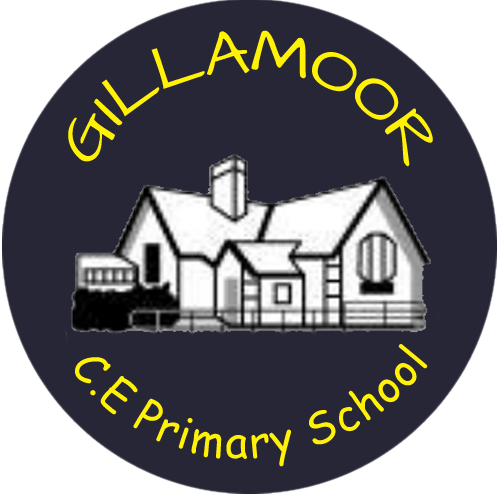Curriculum Intent and Rationale
Intent
At Gillamoor CE (VC) Primary School, we aim to offer all pupils an education that has our core Christian values at its heart. One which nurtures and develops the values, attitudes, knowledge and skills they need to flourish and make a positive impact in our community and the wider world. We aim to provide our pupils with engaging learning experiences that will inspire them to want to ask questions and want to learn more.
With this in mind, we have implemented an ambitious and aspirational curriculum that is challenging, promotes active learning and enables pupils to be more ‘outward facing’ and step away from their comfort zone. This, in turn, should lead to them becoming well-rounded individuals.
We also want to foster in them the school values of love and care, honesty and respect. In particular, providing opportunities for learning which enable our children to become more open minded and to grow in resilience and independence.
We aim to empower our pupils in developing their identity, not only as part of the rural community but as respectful, responsible global citizens.
